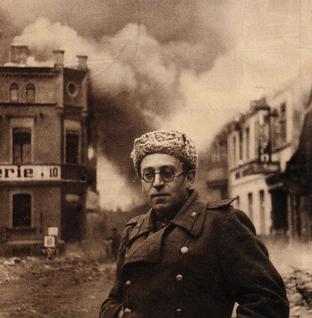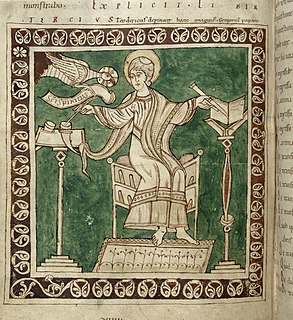A Quote by William James
Only necessity understood, and bondage to the highest is identical with true freedom.
Quote Topics
Related Quotes
Old-fashioned determinism was what we may call hard determinism. It did not shrink from such words as fatality, bondage of the will, necessitation, and the like. Nowadays, we have a soft determinism which abhors harsh words, and, repudiating fatality, necessity, and even predetermination, says that its real name is freedom; for freedom is only necessity understood, and bondage to the highest is identical with true freedom.
In the West, there's a myth that freedom means free expression-that to follow all desires wherever they take one is true freedom. In fact, as one serves the mind, one sees that following desires, attractions, and repulsions is not at all freedom, but is a kind of bondage. A mind filled with desires and grasping inevitably entails great suffering. Freedom is not to be gained through the ability to perform certain external actions. True freedom is an inward state of being. Once it is attained, no situation in the world can bind one or limit one's freedom.
Every one is struggling for freedom-from the atom to the star. The ignorant man is satisfied if he can get freedom within a certain limit-if he can get rid of the bondage of hunger or of being thirsty. But that sage feels that there is a stronger bondage which has to be thrown off. He would not consider the freedom of the Red Indian as freedom at all.
The history of humanity is the history of human freedom...Freedom is not, as Engels thought, "the recognition of necessity." Freedom is the opposite of necessity. Freedom is necessity overcome. Progress is, in essence, the progress of human freedom. Yes, and after all, life itself is freedom. The evolution of life is the evolution of freedom.
Freedom is a need of the soul, and nothing else. It is in striving toward God that the soul strives continually after a condition of freedom. God alone is the inciter and guarantor of freedom. He is the only guarantor. External freedom is only an aspect of interior freedom. Political freedom, as the Western world has known it, is only a political reading of the Bible. Religion and freedom are indivisible. Without freedom the soul dies. Without the soul there is no justification for freedom. Necessity is the only ultimate justification known to the mind.
The Americans speak so much about freedom in their sermons. Freedom as a possession is a doubtful thing for a church; freedom must be won under the compulsion of a necessity. Freedom for the church comes from the necessity of the Word of God. Otherwise it becomes arbitrariness and ends in a great many new ties.
Artists may here have a more subtle scent: they know only too well that it is precisely when they cease to act 'voluntarily' and do everything of necessity that their feeling of freedom, subtlety, fullness of power, creative placing, disposing, shaping reaches its height - in short, that necessity and 'freedom of will' are then one in them.







































